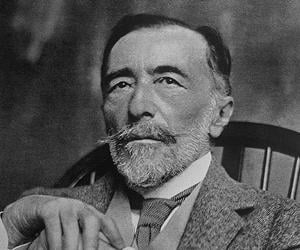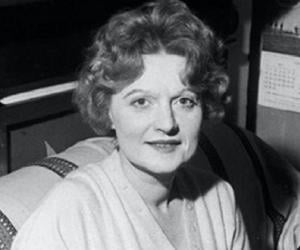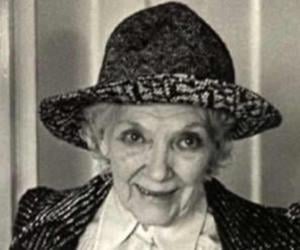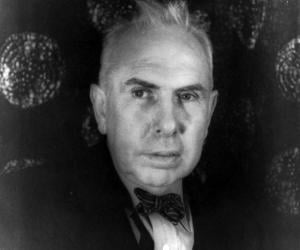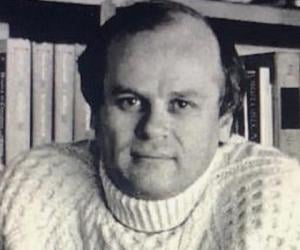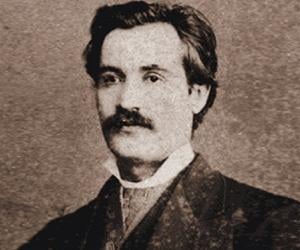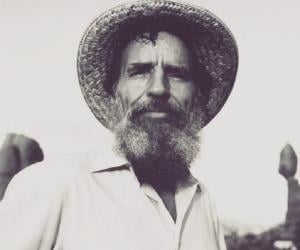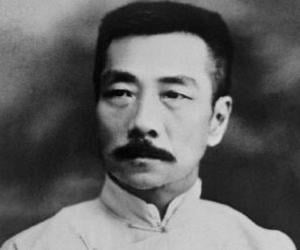Childhood & Early Life
Joseph Conrad was born to Apollo Korzeniowski, a writer and political activist and Ewa Bobrowska in in Berdichev, Podolia.
Due to his father’s farming business and his political activism, the family would often move from one place to another and in 1861, the family shifted to Warsaw, the capital of Poland.
In Warsaw, his father joined the resistance movement against the Russian Empire. As a result of this, the family was exiled to Vologda, Russia after which they were sent to Chernihiv in northeast Ukraine.
He was mostly home schooled by his father, who introduced him to the world of English literature, especially Victor Hugo’s works. He applied for British citizenship and received the same on August 19, 1886.
Career
In 1874, he joined the merchant navy and spent four years on French ships, after which he joined the British merchant marine, and worked there for the next fifteen years. Although he served in the merchant navy for a period of nineteen years, he spent only about nine to ten years in the sea.
In 1894, he quit the merchant navy in order to pursue a career in writing and the following year, his first novel ‘Almayer’s Folly’ was published.
In 1896, his second novel titled ‘An Outcast of the Islands’ was published. The story of this novel was inspired from his real life experience on the steamer ‘Vidar’.
In 1896, he finished writing his short story about his experiences in Congo, titled ‘An Outpost of Progress’. It was published the following year in the ‘Cosmopolis’ magazine.
In 1897, his novel ‘The Nigger of the ‘Narcissus’: A Tale of the Sea’ was published. It is considered as one of his best works belonging to the early phase of his career.
In 1899, ‘Heart of Darkness’ was published. This novel was presented in a narrative style and was originally published in three parts by ‘Blackwood’s Magazine’.
In 1900, his novel about the abandonment of a ship titled ‘Lord Jim’ was published. This novel has been adapted into two films with the same title.
In 1904, his book ‘Nostromo’, a novel set in the mysterious South American republic of Costaguana, was published by Harper & Bros.
Through his 1905 essay titled ‘Autocracy and War’, he made one of the most powerful political statements and claimed that Poland is a victim of German and Russian imperialism. Published in 1907, ‘The Secret Agent: A Simple Tale’, is one of his best political novels set in London.
In 1910, his short story titled ‘The Secret Sharer’ was published by the Harpers magazine.
In 1913, one of his most successful novels ‘Chance’ was published. This novel was unusual at that time as the story revolved around a female protagonist.
In 1915, he achieved popular success with the publication of his novel, ‘Victory’.
Personal Life & Legacy
In 1891, he was admitted in the hospital after he suffered from gout, severe pain in his right arm and malaria.
In 1896, he married Jessie George and the couple went on to have two children, Borys and George.
In 1912, his autobiographical book ‘A Personal Record: Some Reminiscences and Some Reminiscences’ was published.
He died at the age of 66 in Bishopsbourne, England – heart attack is believed to be the cause for his death.
In 1926, a posthumous publication titled ‘Last Essays’, a collection of his essays along with an introduction by Richard Curle, was published by J.M Dent & Sons.


